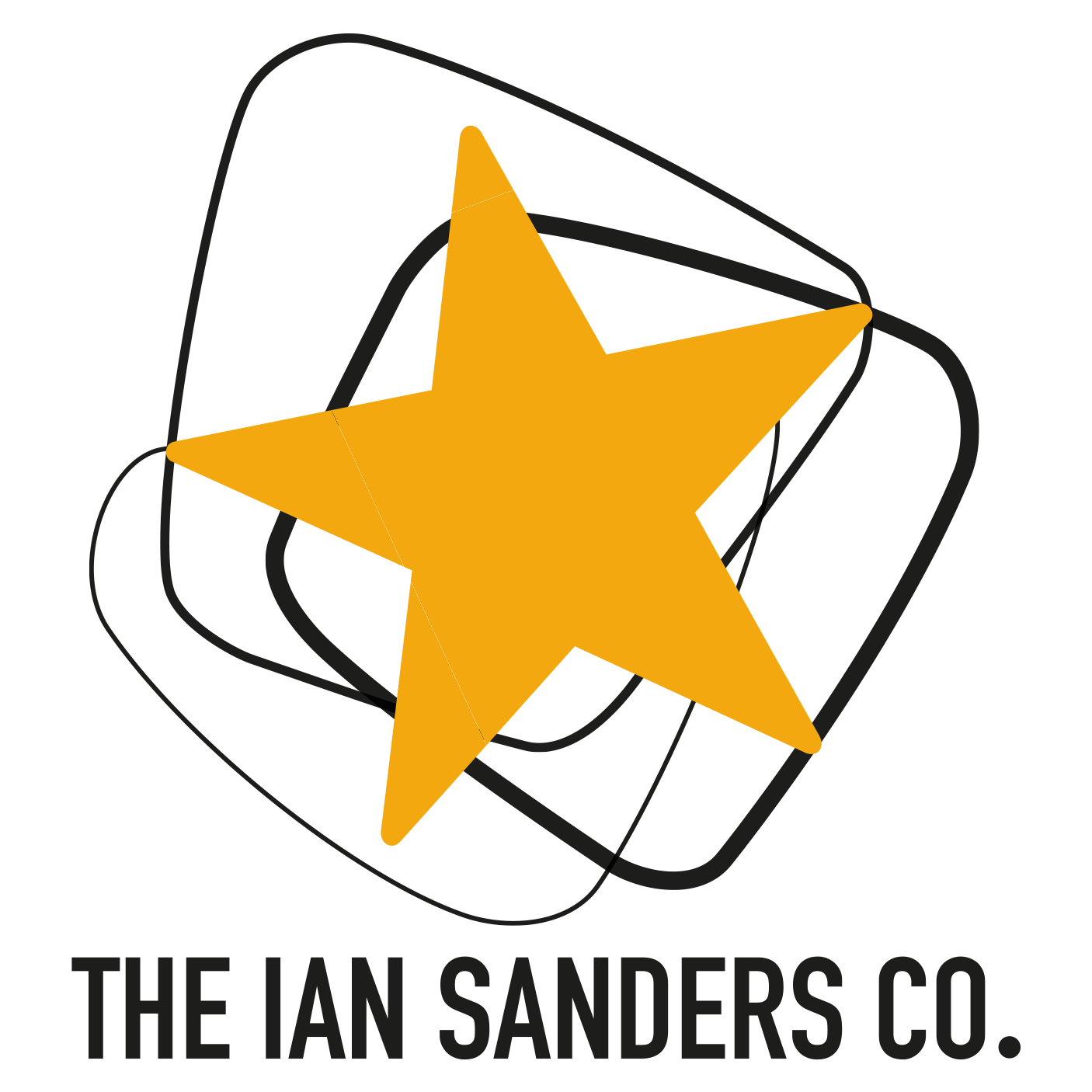How to get better at generating ideas
When it comes to producing good work, quality outputs need quality inputs right?
But what about the quantity of inputs?
I’ve always been a practitioner of ‘good stuff in = good stuff out’ and have lived a curious life to feed my creativity. After all, what's the oxygen that keeps our businesses and careers running and flourishing? Ideas!
I like to experiment when it comes to idea-generation, stepping away from a desk or screen: taking urban walks, chatting to strangers, going on journeys, doing the non-obvious.
I wanted to learn more, so I picked up Ideaflow, the new book by Jeremy Utley and Perry Klebahn.
At the heart of Ideaflow is this principle: that the more consistently you create, the easier it is to do so when you really need ideas. It’s realising that creativity is a capacity you can train and develop like physical strength or flexibility.
But the key thing I took away is that great ideas rely on quantity as much as quality of inputs.
Grow your raw materials
More input - higher volume - creates better output.
The authors say ideaflow requires enormous amounts of raw material: facts, patterns, inklings, experiences, perspectives, and impressions. “The more numerous and varied they are, the more valuable the subsequent combinations will be.”
The authors tell the story of Stanford's legendary professor Bob McKim. When a student would come to him for feedback on an idea, he'd refuse: "Show me three first."
Not one. Three!
Utley and Klebahn argue that by increasing the number of ideas you generate, you “dramatically reduce the pressure and stress involved in the entire process of idea generation, all while increasing the odds of success and lowering the costs and risks to an absolute minimum.”
So how to make a practice of feeding your ideas? Deliberately expose yourself to the new and the unexpected.
It’s what the authors describe as ‘feed the machine.’ As someone who’s revelled in meeting random people outside of my bubble for coffee over the years, I loved the story of the movie producer Brian Grazer. Grazer employs a full-time booker to schedule regular "curiosity conversations" with interesting people from all walks of life, from scientists to artists to politicians. Love that.
Take a walk
Going for a walk is a core creative habit for me, whether I’m taking leaders and founders on safaris, or the urban wandering I build into my week. So I was interested to learn about what the authors call a Wonder Wander:
“A Wonder Wander begins intentionally, with a good question. As you move through a space, deliberately seek out connections to the prompt you've chosen. Imagine that your surroundings have been seeded with valuable clues. As you encounter each fresh stimulus, ask yourself; "What does this have to do with my problem?" If a particular object stands out--fire hydrant, basketball hoop, mailbox--play with it as a metaphor. "What does a fire hydrant do on a fundamental level? And how might that apply to my problem? Is a 'hydrant' what we're missing?"
I like this approach, it reminds me very much of Street Wisdom - which I’ve both facilitated and participated in - where you ask a question of the street. And it echoes how I work with clients on a Fuel Safari or a Story Safari where a signpost, street name or street scene might inspire a fresh path in our conversation. Now I’ll give a Wonder Wander a try!
Gather firewood
Journaling and note-taking is an important part of my creative practice. So I liked Utley and Klebahn’s reflections on a habit they call ‘the discipline of documentation.’ The importance of capturing ideas in a notebook or document and then regularly reviewing what you’ve noted down.
They introduce this wonderful term of ‘gathering firewood.’ Film director David Lynch uses an audio recorder to collect interesting and evocative sounds that might be useful in future projects. He gathers this firewood, as he calls it, not with a specific scene or even a particular film in mind but simply to stock a reservoir of sonic possibilities.
So there you go: if you want to get better at idea flow, expose yourself to the new and the unexpected, take a walk, gather firewood, and grow your raw materials. Whatever sparks your interest should get saved for later. Go read their book! Just please make sure you have a notebook and pencil to hand ;)

